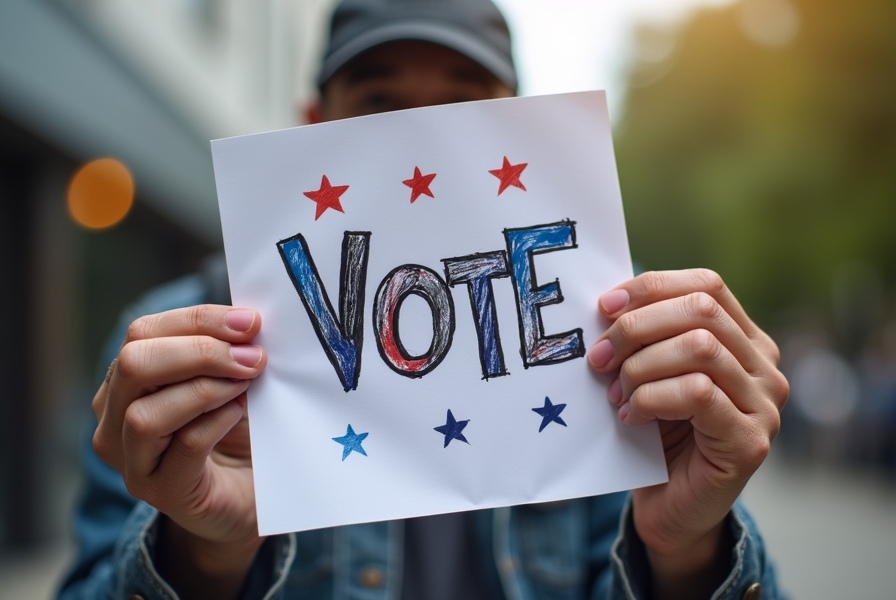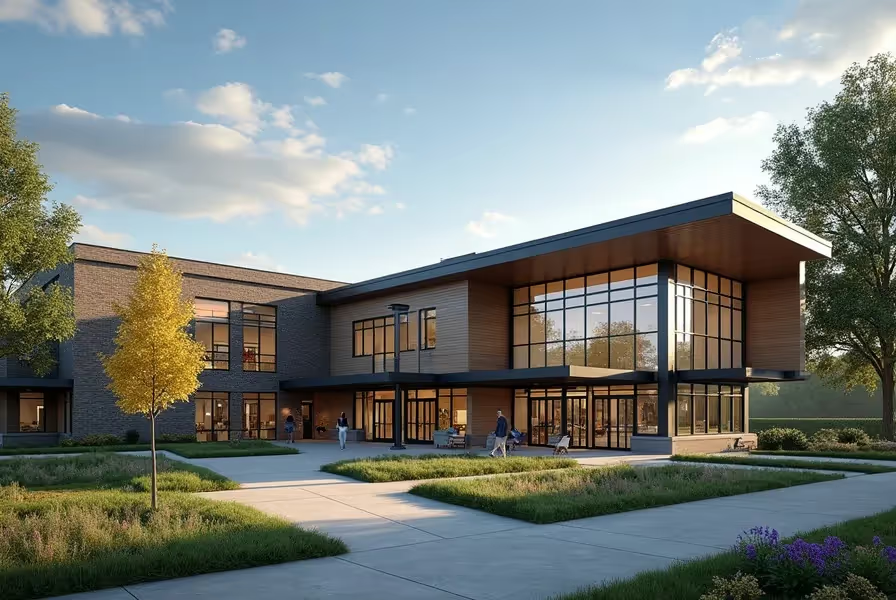Understanding Lane Splitting Laws in Texas
If you ride a motorcycle or are curious about motorcycle safety in Texas, you may have heard the term "lane splitting." Lane splitting is when a motorcyclist rides between two lanes of stopped or slow-moving cars, often during traffic jams. This technique is common in some parts of the world, but its legal status in the United States varies from state to state. Let's dive into lane splitting in Texas, what you need to know, and how it affects drivers on Texas roads.
What Is Lane Splitting?
Lane splitting, also called white-lining or stripe-riding, happens when a motorcycle travels between lanes of cars moving in the same direction. Many motorcyclists say lane splitting makes riding safer by reducing the risk of rear-end collisions and allowing bikes to move more freely through heavy traffic. However, not every state agrees, and laws are different in every place.
The Status of Lane Splitting in Texas
In Texas, lane splitting is currently not legal. State law does not explicitly allow motorcycles to move between lanes of traffic, and doing so can result in a traffic citation. The Texas Transportation Code (§ 545.060) requires all vehicles, including motorcycles, to drive within a single lane as much as possible. The law says:
- All vehicles must stay within their single lane unless it is safe to change lanes.
- Cutting between vehicles or lane sharing is not recognized under state law.
If you're caught lane splitting in Texas, you could face fines or even contribute to insurance complications in the event of an accident. Law enforcement can cite you for "failing to maintain a single lane" or "reckless driving" depending on the circumstances.
How Texas Compares with Other States
While lane splitting is illegal in Texas, there are states where this practice is legal or at least tolerated. California is the most famous example, where lane splitting by motorcycles is legal and regulated. Some other states, such as Utah and Montana, have allowed lane filtering, a similar practice, under certain conditions.
- California: Lane splitting is explicitly legal with safety guidelines.
- Utah: Lane filtering is allowed at stoplights and under low-speed conditions.
- Other states: Most states do not allow lane splitting, but law enforcement may be less strict in certain places.
Texas drivers and motorcyclists should remember that what may be legal elsewhere could still result in fines or accidents here.
Why Lane Splitting Remains Illegal in Texas
There have been several attempts to legalize lane splitting in Texas. Legislators have introduced bills in the past to allow motorcyclists to move between lanes during slow or stopped traffic. However, none of these bills have passed as of mid-2024.
The main concerns include:
- Safety: Some worry lane splitting increases the risk of accidents between cars and bikes.
- Driver awareness: Not all drivers look out for motorcycles moving between lanes, raising the risk of side-swiping accidents.
- Enforcement: Police may find it difficult to enforce lane splitting rules fairly.
Despite these issues, advocates argue that lane splitting can reduce congestion and keep riders safer in stop-and-go traffic by preventing rear-end collisions. For now, Texas law remains unchanged.
What Should Motorcyclists Do in Texas?
If you're riding in Texas, always follow current traffic laws. Do not attempt to lane split, even if traffic is slow. This will help you avoid traffic tickets and reduce your risk in crashes or insurance disputes.
Here are some tips for safe motorcycle riding in Texas:
- Always stay in your lane, even during traffic jams.
- Be extra visible to cars and trucks—use bright clothing and working headlights.
- Leave enough distance between your motorcycle and vehicles ahead to allow for safe stopping.
- Be aware of distracted or aggressive drivers, especially during rush hour.
By following the law, you can enjoy a safer, less stressful ride every time you hit the road.
Frequently Asked Questions About Lane Splitting Laws in Texas
Is lane splitting allowed in Texas in 2024?
No, lane splitting is not legal in Texas as of 2024. The state requires all vehicles—including motorcycles—to stay within their designated lanes except when safely changing lanes.
What is the penalty for lane splitting in Texas?
If you are caught lane splitting in Texas, you may receive a citation for failing to maintain a single lane or reckless driving. Fines can vary depending on the county and exact situation.
Why do some motorcyclists want lane splitting to be legal?
Supporters say lane splitting helps avoid rear-end collisions in traffic and can help prevent motorcycles from overheating. It may also help reduce overall traffic congestion in busy cities.
Has Texas ever tried to legalize lane splitting?
Yes, there have been legislative efforts to legalize lane splitting in Texas. However, these bills have not passed, and lane splitting remains illegal in the state as of mid-2024.
Where is lane splitting legal in the United States?
Lane splitting is currently legal in California, with other states allowing limited forms of lane filtering (such as Utah and Montana) under specific rules. Most states, including Texas, do not permit the practice at this time.
What is the difference between lane splitting and lane filtering?
Lane splitting is when motorcycles ride between lanes of moving traffic. Lane filtering usually refers to motorcycles moving between stopped or slowly moving cars, mainly at intersections. Both are currently illegal in Texas.
What to Remember About Texas Motorcycle Laws
Laws can change, so it's always a good idea to stay informed about motorcycle riding rules, especially concerning lane splitting, lane filtering, and other hot topics. Check with the Texas Department of Transportation or local law enforcement for the most up-to-date regulations before you ride. Road safety and following the law help ensure a smooth experience for every driver and rider in Texas.









.svg)



